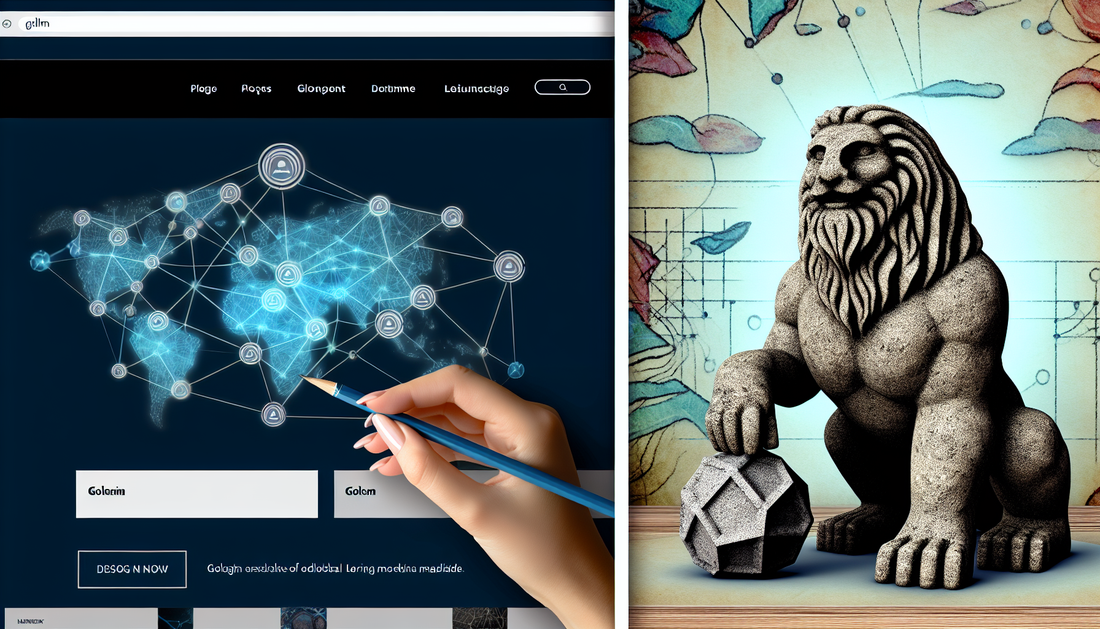
Golem vs. Rivals: The Decentralized Computing Showdown
Share
GLM (Golem) vs. Competitors: A Tech Comparison in Decentralized Computing
Golem Network, marked by its GLM token, has been a notable player in the decentralized computing marketplace. Born from a vision to create a global, open-source, and decentralized supercomputer, Golem offers users a platform to pay and earn for computing resources through cryptocurrency.
Golem's Unique Proposition
Golem stands out due to its decentralized nature, allowing anyone to rent idle computing power. It connects providers—those with surplus computing resources—and requesters—those in need of processing power. This innovative model aims to revolutionize how we handle intensive tasks such as CGI rendering, scientific simulations, and machine learning. The network is powered by smart contracts on the Ethereum blockchain, adding an additional layer of security and transparency.
Rivals in the Decentralized Computing Ecosystem
Golem isn't alone in this field. Its competitors include iExec RLC and Akash Network, which also utilize blockchain technology to offer decentralized cloud computing solutions.
iExec RLC: Positioned as another leader in decentralized cloud computing, iExec focuses on providing off-chain computing resources to blockchain applications. The platform is known for its unique marketplace that allows trading of computing power, datasets, and applications, which makes it a direct competitor to Golem. Read more about iExec's challenges here.
Akash Network: Offering a decentralized cloud marketplace, Akash is another major participant in this sector. It allows developers to deploy their applications without relying on centralized cloud providers. The network is built with scalability and cost efficiency in mind, challenging Golem's approach. For a deeper understanding, explore Akash's unique advantages.
How Golem Stacks Up
While Golem, iExec, and Akash each tackle the decentralized computing challenge differently, Golem's initiative focuses on a peer-to-peer network encouraging user-to-user engagements without intermediaries. This can potentially offer more competitive pricing and direct payments compared to its rivals.
Golem's reliance on the Ethereum blockchain for transactions through smart contracts is a pivotal component, although it's not without its drawbacks, primarily related to Ethereum's transaction fees and speed. As this ecosystem evolves, platforms like Binance could play a role, potentially facilitating more seamless exchanges between cryptocurrencies involved in these cloud marketplaces (sign up for Binance and start trading).
The decentralized computing realm is dynamic, with each player innovating to capture market share. Golem’s continued development and adaptation will be crucial as it battles against well-equipped competitors like iExec and Akash Network in the ever-advancing blockchain landscape.
